
Windows 10's success hinges on apps, and overcoming developer apathy
It’s no secret that Microsoft has an app problem. The Windows Store is full of unexciting knock-offs, and it’s rare for quality releases to appear there these days. While many Windows Phone devotees will claim the "app gap" is a myth, and the only apps Microsoft’s mobile platform doesn’t have are rubbish ones that no one wants ("thousands of games and flashlight apps" as I’ve seen iOS’s superiority dismissed previously), that’s simply not true.
Microsoft is more than aware of the problem, and past efforts to get developers to port their apps to its ecosystem simply haven’t worked. That’s why with Windows 10 Microsoft is doing things differently. Universal apps can run on any Windows 10 device, from PCs to phones, and Microsoft has also made it incredibly simple for developers to port Android and iOS apps to Windows 10. But will that be enough?

Ban on YouTube's controversial anti-Islam film finally lifted
In 2012 a controversial video went viral on YouTube that angered Muslims across the Middle East, sparking riots and leading to several deaths. The Innocence of Muslims is a 74 minute piece of junk (that I watched), which shows the prophet Muhammad as a fool, a fraud, insane, and a sexual deviant. Unsurprisingly it was blocked in numerous countries, including Libya, Egypt, India, Indonesia, Malaysia, and Russia. Iran, Pakistan, and Afghanistan, even went so far as to ban YouTube entirely.
Despite mounting pressure, including from the White House, Google refused to remove the film from YouTube, because it didn’t violate its policies. However, The Innocence of Muslims fell victim to a specious copyright claim, and ended up being removed anyway.
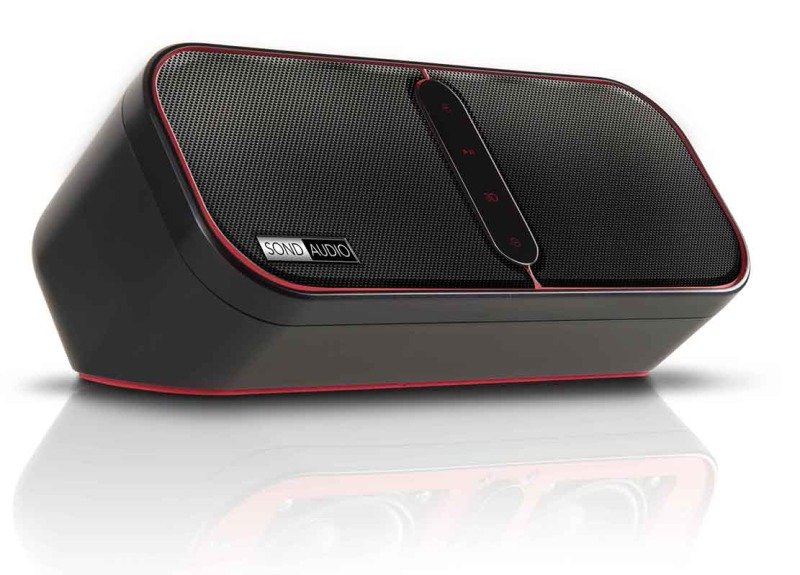
Sond Audio portable NFC speaker: Small size, big sound [Review]
When choosing a portable Bluetooth speaker you’re probably swayed by several factors -- size and brand being chief among them. I own a Cambridge Audio Minx Go, and the Cambridge Audio name was definitely one of the reasons I considered that speaker in the first place.
Sond Audio probably isn’t a name you’re familiar with. It’s actually Ebuyer’s own audio brand, and products under that label include speakers, headphones and soundbars. The Sond Audio portable NFC speaker is the first Sond product I’ve tried, so is it a hit or miss?
Build 10080 of Windows 10 for phones arrives -- Universal Office apps now available
Microsoft doesn’t seem to know exactly what to call its version of Windows 10 for smartphones. It was called "Windows 10 Technical Preview for phones", and then yesterday, when unveiling the different editions of the new operating system, Microsoft called it "Windows 10 Mobile".
Today, however, it’s back to "Windows 10 Technical Preview for phones", although in the official blog post announcing the latest release -- Build 10080 -- it’s also called "Windows 10 Insider Preview for phone". I guess you just have to take your pick. Hopefully the tech giant will have decided on an official name when it releases the finished version later in the year.
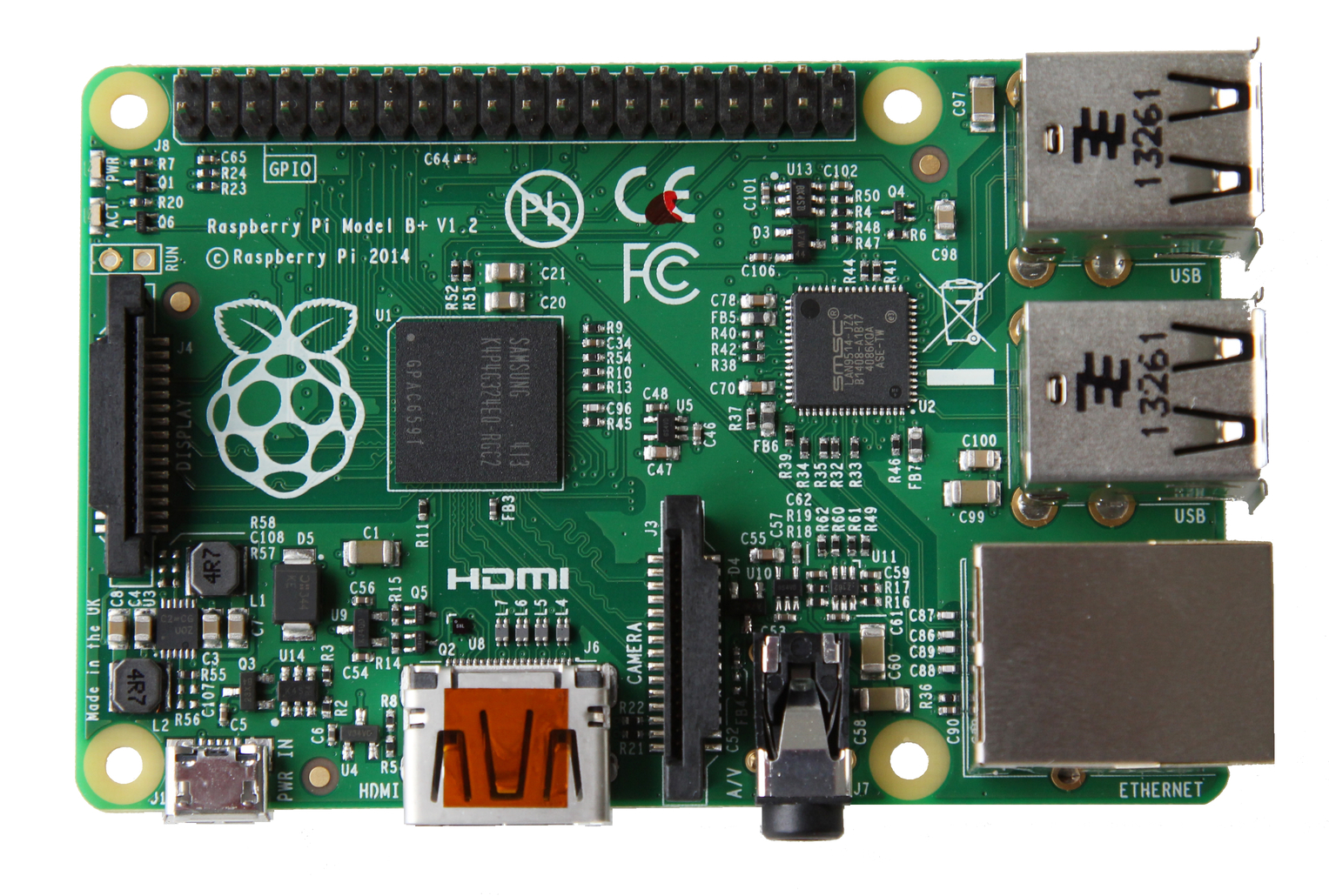
Raspberry Pi Model B+ gets a massive price cut -- now even more affordable
All models of the Raspberry Pi have always been very affordable -- that’s a big part of the appeal. When the B+ launched 10 months ago it was priced at $35 dollars -- which was the same as the regular B model, despite improvements which include additional USB 2.0 ports, lower power consumption, and better audio.
However, three months ago the Raspberry Pi 2 arrived, and that was also priced at $35. Suddenly, the B+ seemed like a bad deal in comparison. But not anymore.

Zombies, Run! gets a massive update, goes free-to-play
I’m a huge fan of Zombies, Run! and whenever I hit the treadmill (or, less frequently, the streets) the exercise app is always with me, turning a boring run into an action-packed journey through the zombie apocalypse.
I’ve been eagerly awaiting Season 4 of Zombies, Run! for ages now, and today is the day it arrives, bringing with it not only 40 new missions, but also some big improvements, including an important pricing change -- it’s now free to play.
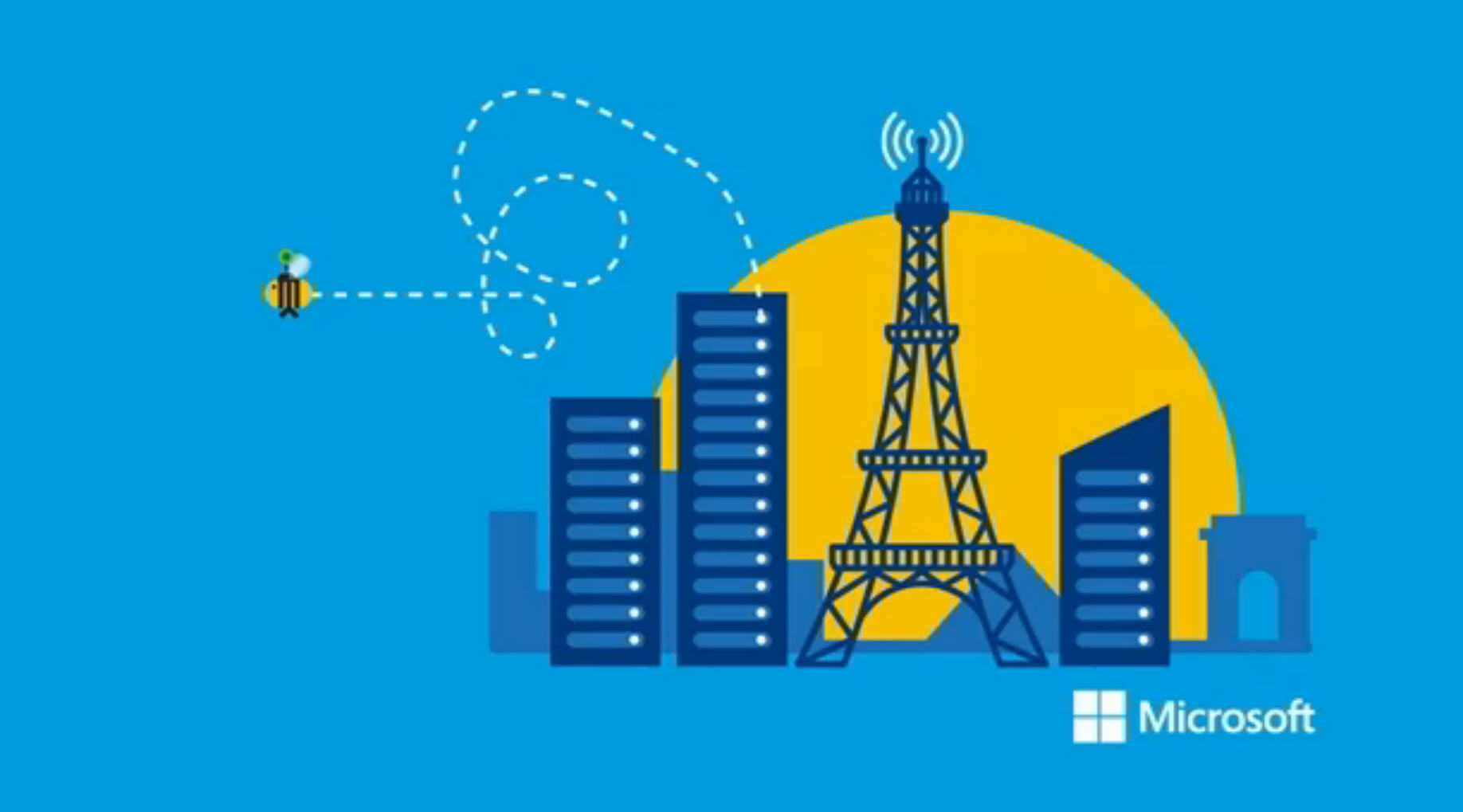
Watch Microsoft Research's Devices and Networking Summit 2015 live here
Microsoft Research Devices and Networking Summit 2015 brings together over 175 experts to discuss cutting-edge developments, potential breakthroughs, and ongoing technology concerns.
Microsoft believes the event deserves broad participation, so will be live streaming key speeches, interviews, and demos from the Summit, and you can watch Wednesday's webcast right here as it happens.

Jamie Oliver is trying to steal your passwords
Celebrity chef Jamie Oliver’s website seems to serve three main purposes these days -- provide tasty recipes to try in the kitchen, keep visitors informed about his latest campaigns and, oh yes, infect your PC with password stealing malware.
Three months ago, Malwarebytes discovered a well hidden malicious injection on the official website of Jamie Oliver which redirected unsuspecting visitors to an exploit kit. This was apparently dealt with, but then a month later the issue resurfaced. So surely, after having been infected twice, the site is now clean? I think you can guess the answer to that.
Windows 10 for phones Insider Preview Build 10080 expected this week
It’s been a month since the last Windows 10 for phones Insider Preview arrived -- Build 10052 -- but the good news is Microsoft is preparing a new release and Insiders on the Fast ring could receive it as soon as this week.
According to Gabriel Aul, head of the Windows Insider program, Build 10080 is the current candidate and it’s this which will be making its way onto phones, provided it passes Microsoft’s internal testing.
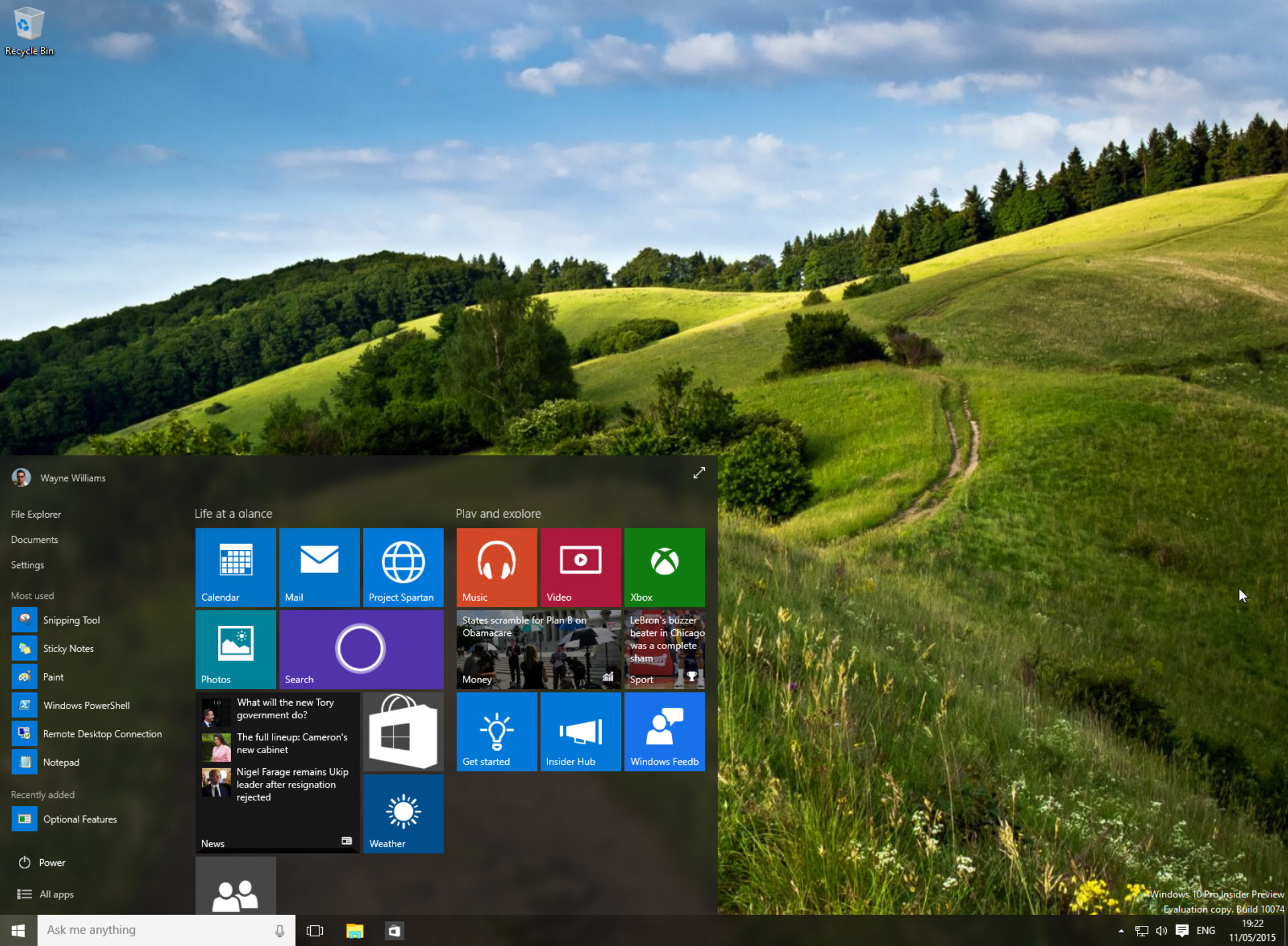
Windows Insiders will need a valid license to upgrade to Windows 10 RTM
At the moment you don’t need a Windows license to run the Windows 10 Insider Preview. Anyone can download an ISO, install it, and update the OS as new builds arrive. Microsoft wants to get feedback from as many users as possible to avoid repeating the catastrophe that was Windows 8.
But what happens when the preview versions stop and we reach RTM? We know the operating system will be free (in the first year) to anyone running a copy of Windows 7 or 8.1, but if RTM is a straight update, like all previous Windows 10 builds, does that mean every Windows Insider will be able to upgrade to RTM for free?

How to enable Windows 10's hidden dark theme
Windows 10 Insider Preview has a dark secret… Well the newly released Build 10074 does anyway.
If you open the Windows Store and hit Ctrl-T, the app will switch from a light to a dark theme. Pressing the same key combination will restore the app’s lighter look. As far as we can tell this trick only works for the Store, but you can enable the dark theme on other apps with a spot of registry editing.
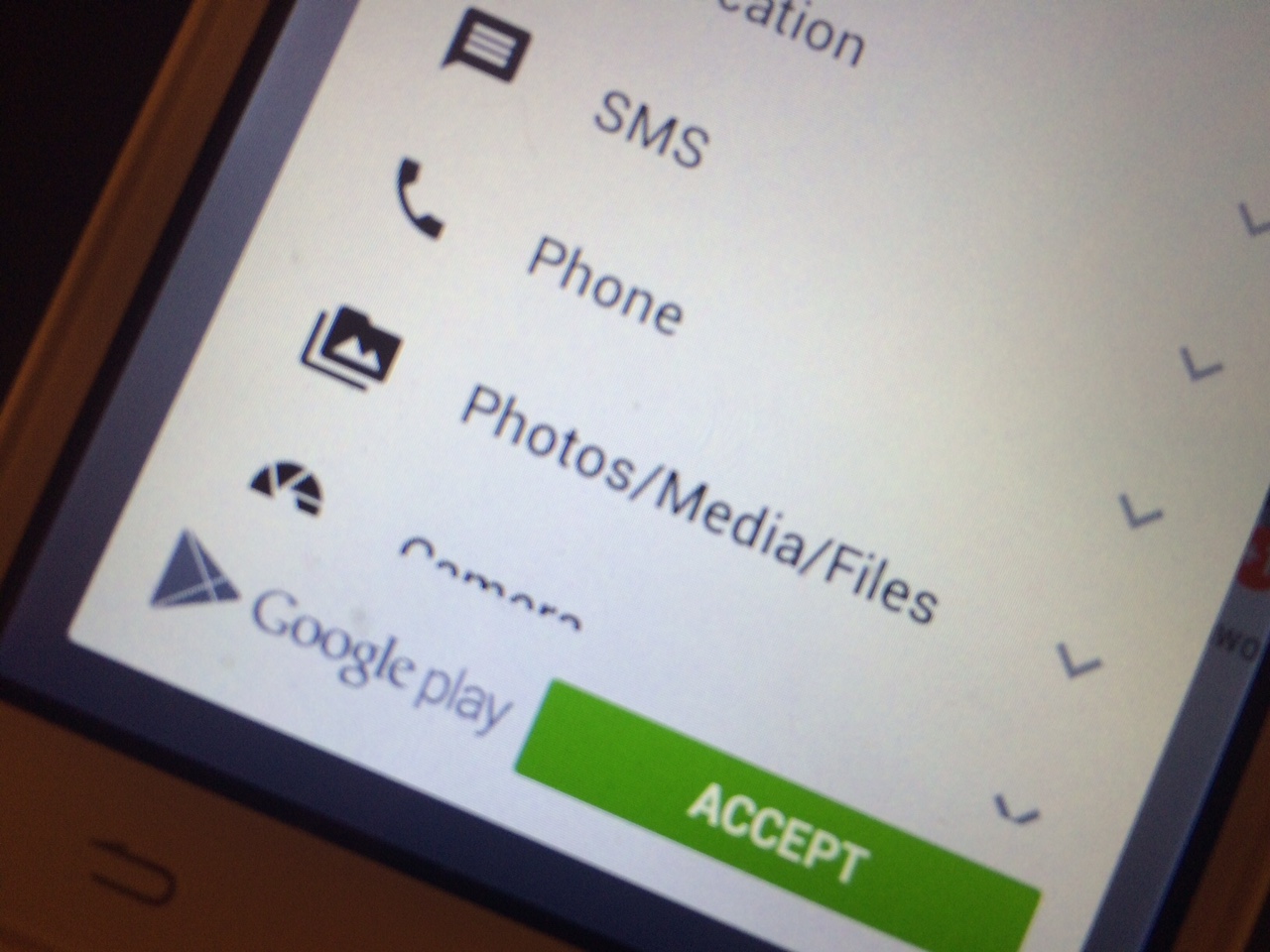
Google set to revamp Android app permission controls
When you install an app on iOS it will ask for permissions as and when required. In Android things are done differently, and you’re informed about what permissions are required from the off. This can be rather disconcerting, as some of the permissions requested can seem both scary, and unnecessary.
Usually, there’s a good reason why an app needs the permissions it does, although it may not always be obvious, and it’s all or nothing. If you don’t agree with the list of permissions the only option is not to install the app. You can’t simply block or revoke individual permissions, at least not without rooting your device first. However, that may be about to change soon.

Just one percent of retail payments is made with a smartphone, and iPhone users buy more and spend more
Do you pay for goods in stores with your smartphone? If so, you’re in the minority. According to Javelin Strategy & Research’s new Mobile Proximity Payments Forecast 2015 report, while 9 percent of online transactions are currently made on a smartphone, mobile proximity payments -- that is using your smartphone to buy something in a brick and mortar store -- account for just 1 percent of all retail transactions.
Apple users lead the way when it comes to mobile proximity payments, with almost 16 percent having made at least one purchase in a month. That’s nearly double the rate of Android smartphone owners.
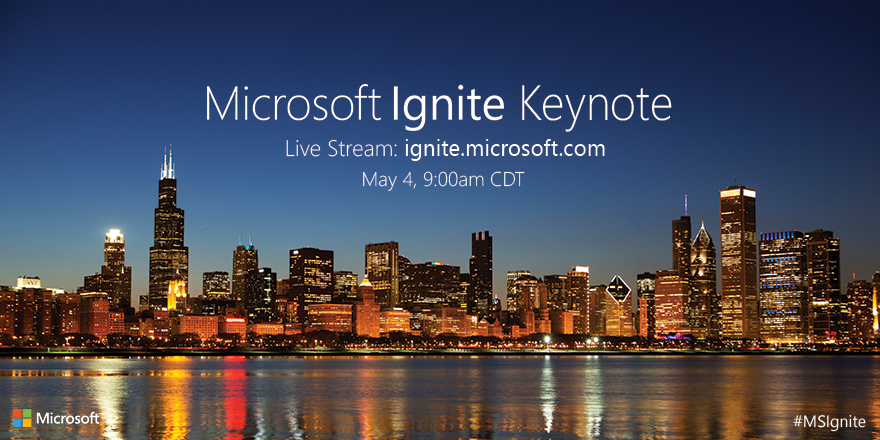
Watch Microsoft CEO Satya Nadella's Ignite keynote here live
Build is over for another year, but that’s not the only Microsoft conference around. Ignite, the new enterprise focused tech event, starts today in Chicago.
Not familiar with Ignite? It’s essentially a number of Microsoft conferences rolled into one. As the tech giant describes it, Ignite is: "for big thinkers looking for an edge. It’s for anyone who attended the Microsoft Exchange, Lync, Project, SharePoint, MMS, or TechEd conferences -- and then some. It’s for senior decision makers seeking what’s next, and who want insights on key technology trends in the industry. It’s for IT professionals who need hands-on experience to enhance their tech skills. It’s for enterprise developers and architects looking for innovative ways to maximize application development. It’s for those who want to feel inspired and enlightened. It’s for you".

It really is game over for Windows 8.x
Every month NetMarketShare releases usage share figures for all of the major operating systems. In the past these figures tended to paint an interesting picture of how well -- or rather how badly -- Microsoft’s newest operating system was doing. Occasionally the OS grew share, occasionally it lost share -- sometimes quite dramatically.
Now though, the only picture that’s being painted by these monthly figures is an operating system that has no future and will vanish quietly, and with zero fanfare, once Windows 10 arrives.

